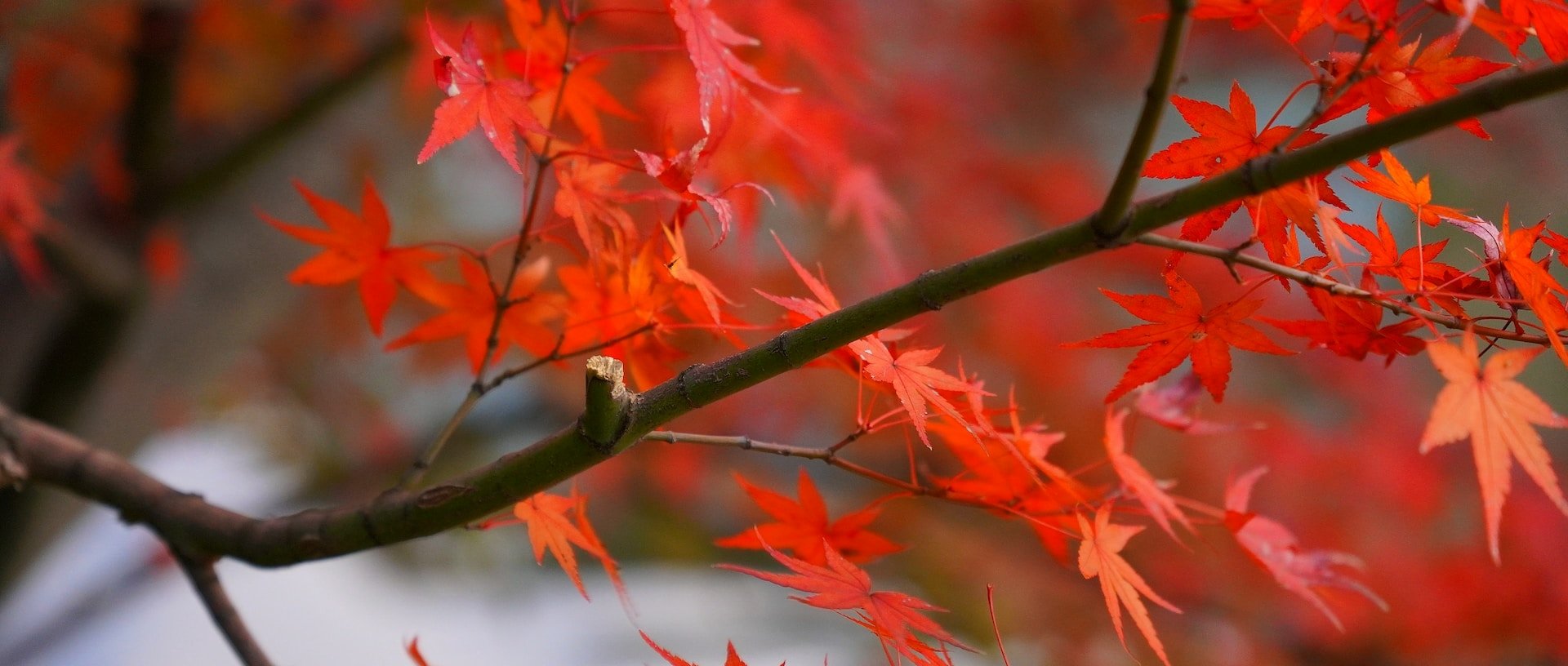Dealing with Depression: Helping Others
The Islamic faith is not unfamiliar with tests and tribulations. This is the ninth in a series of articles on depression according to Islam. It is from the On Demand Course: Mental Health Workshop – An Islamic Guide to Dealing with Depression.
People have always been in states of difficulty and hardship. It is something that is very much recognized in our religion.
There are three things that encapsulate mercy, one needs to think about. First, do not eat when your neighbor goes hungry. That is from a physical perspective and all of us would agree with that.
Secondly, there is an element that one does not ignore one’s neighbor when they are in a state of psychological distress. When your neighbor is weeping, do not be next door laughing.
The third element concerns their spiritual state. If you are on the path of goodness, and your neighbor is walking down another path, you do not ignore that path, just because you are on the right path.
Seek Good for Others
In all of these three things, we find this principle seeking the good for others. This is fundamental to our religion. Our Lord is the Most Merciful and Compassionate.
Our beloved Prophet, our master Muhammad (Allah bless him and give him peace) is a mercy to all worlds of being. He had love for all of creation. We are the nation and the community to whom mercy has been shown.
The people of love and compassion, who are kind and merciful to all, will receive the mercy of the All-compassionate Lord.
This is our responsibility as believers. This is our great joy as believers. Sadly, the thing that restricts our imparting of mercy, is a fear that we will not have enough left for ourselves. This is based on a real category error: to think that the more I give, the less I will have.
In fact, if you try to prevent it from flowing out, if you try to prevent wealth, for example, you strangle the economy of a nation. So too, if you try to prevent light from pouring out, you only bring about darkness. If you try to prevent mercy, compassion, and kindness from manifesting, the water stagnates. When it stagnates, the river becomes a swamp.
So it is incumbent upon us that we allow the mercy that Allah has imparted to us to flow from us to others.
Duty to Creation
We need to realize first and foremost that this is something that is a religious duty. Religious duties relate just as much to fulfilling your responsibilities towards creation.
If you make somebody cry, you are either doing the wrong thing, or you are doing the right thing in the wrong way. Goodness towards others is fundamental and core to what it means to be a believer. It is a very simple concept, but it is one that I hope none of us will ever forget.
Do not forget the simple things that you learn. Those simple lessons are sometimes the most profound ones and are the most important ones in this world that we care about.
There is a beautiful hadith in Sahih Muslim narrated by Abu Huraira. He said, The Prophet (Allah bless him and give him peace) said:
“Whoever relieves one of the sorrows of this world from a believer, Allah relieves from them one of the sorrows of the Day of Judgment. Whoever relieves hardship from one suffering, Allah relieves hardship from them in this world and the next. Whoever conceals (the faults of) a Muslim, Allah conceals theirs in this world and the next. Allah supports a servant so long as that servant supports his brother. And whoever walks the path seeking knowledge, Allah makes easy their path to paradise.”
We may tend to frame psychological difficulties in the context of mental health rather than a person in difficulty. From one perspective, this is helpful as it encapsulates what we are talking about.
However, from another perspective, it can sometimes be a bit problematic. We start to think about this as a medical problem that requires a professional to deal with it.
But before being quick to give a judgment on someone’s state, pause for a minute and ask yourself, “Is there anything that I can do to help this person?”
